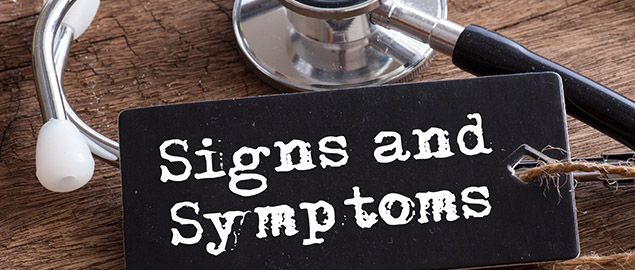Recognising the signs and symptoms

Difference between Early Alzheimer’s Disease and Forgetfulness
We all forget things from time to time and this forgetfulness tends to increase with age. It can be difficult to judge whether this forgetfulness is a part of normal ageing. Typically it is the ‘depth’ of the memory loss that differs in ‘normal forgetfulness’ versus that due to Alzheimer’s disease. A person with ‘normal forgetfulness’ can usually still remember other facts associated with the thing they have forgotten. For example, they may briefly forget their neighbour’s name but the person they are talking to is their neighbour. A person with Alzheimer’s disease will often forget not only their neighbour’s name, but also the context in which they know them.
Stages of Memory Loss
Alzheimer’s disease is a complex condition that can affect people in different ways. There are, however, stages that many people will progress through and these reflect the movement of the disease through the brain. The symptoms that someone is experiencing will therefore often change, depending on the stage of their disease.
- Taking longer to think of words or recalling names
- Forgetting important event e.g. appointments
- Decision making becoming more overwhelming
- Family and friends may start noticing
- Losing or misplacing things
- Becoming confused in familiar places
- Taking longer to carry out everyday tasks
- Changes in mood
- Tell the same stories or ask the same question repeatedly
- Have difficulty recognising family members or friends
- Have word-finding difficulties or non-fluent speech
- Show a lack of concern over their appearance
- Experience changes in mood and personality
- Tell the same stories or ask the same question repeatedly
- Have difficulty recognising family members or friends
- Have word-finding difficulties or non-fluent speech
- Show a lack of concern over their appearance
- Experience changes in mood and personality
If you recognise signs of memory loss in a loved one that keeps on getting worse, to the point you are concerned, it is strongly recommended that you make an appointment to see a doctor for an assessment. The earlier that Alzheimer’s disease is diagnosed, the more can be done to manage it.
